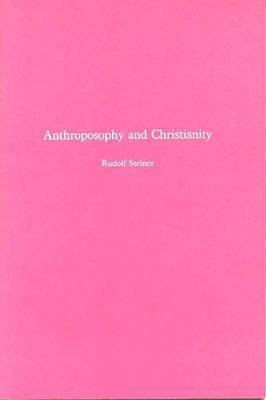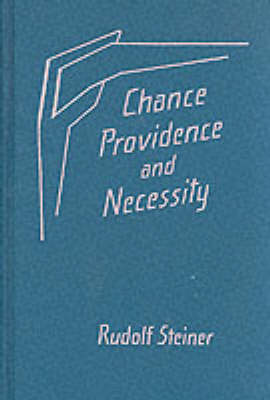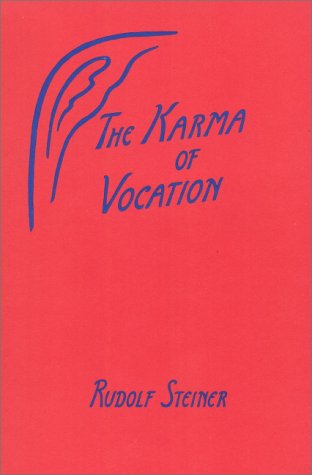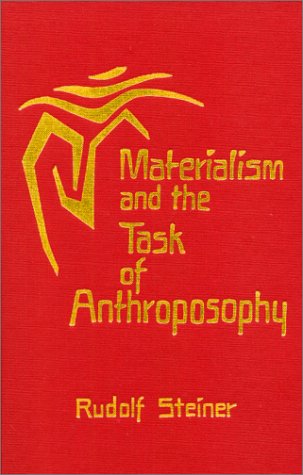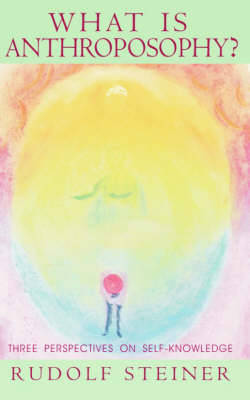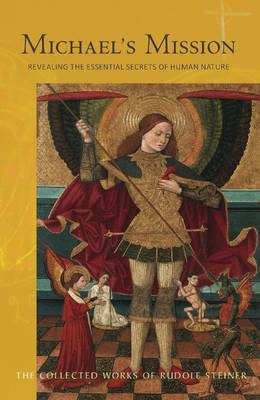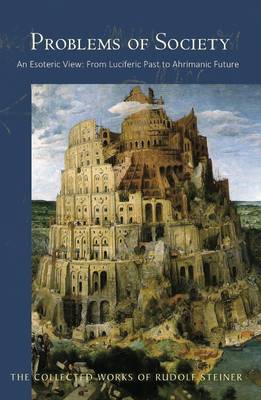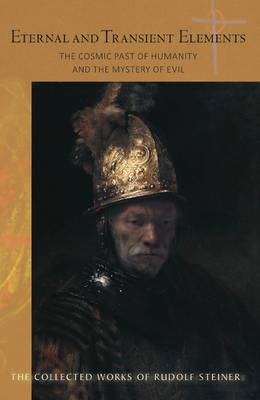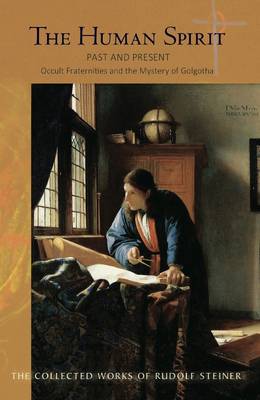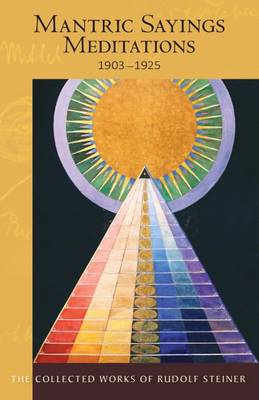Collected Works
9 primary works • 17 total works
Book 133
Book 146
Book 152
Book 155
Book 163
Original title: Zufall, Notwendigkeit und Vorsehung: Imaginative Erkenntnis und Vorgange nach dem Tode.
Book 172
Book 176
Book 204
Book 214
109, 58, 6
Rudolf Steiner describes how humanity faces three dangers in the social sphere: spiritual life could flow into the 'pit of mendacity' ruled by Ahriman, individual rights might descend into the 'pit of selfishness' (Lucifer), and economics into cultural sickness and death (Asuras). In order to prevent European-American culture from perishing, it will be necessary to turn towards contemporary 'threefold' social ideas. Steiner also speaks about the principle of metamorphosis in connection with evolution and devolution, as evident in the design of the pillars in the newly-built Goetheanum. Architectural styles are an expression of human evolution, as can be seen in Greek temples, gothic Cathedrals, the Grail temple and the building at Dornach. Amidst many other themes, Rudolf Steiner addresses the problem of natural necessity and freedom, and the abolition of the trichotomy of body, soul and spirit at the Council of Constantinople in AD 869.
In addition to public lectures, however, Steiner sought to deepen the subject in a series of talks to members of the Anthroposophical Society. These lectures, gathered in this volume, reveal the 'inner' or 'esoteric' aspects of the social question. They complement Steiner's very practical efforts to realize threefolding in the historical context of his time. Whilst Steiner's suggestions for social change may not seem self-evident to pragmatic thinking, they will strike a resonant chord in many who seek deeper answers to the social problems of our times - problems that politicians seem unable to remedy. Amidst the many themes tackled here, Steiner addresses the issue of nationalism as a retrograde tendency; the tasks of Central Europe and Britain in relation to the East; the incarnation of Ahriman in the West, and the historical incarnation of Lucifer in the third millennium BC.
The year 333 was a central point in the post-Atlantean age, but also a pivotal moment in establishing the Christ Impulse and the new equilibrium it brought to humanity, allowing people to gain wisdom through their own efforts. Such wisdom enables insight into three key areas: supersensible knowledge of birth and death; understanding of an individual's life; and the ability consciously to confront the adversarial beings of Lucifer and Ahriman. Steiner addresses a host of additional themes, including occult Freemasonry in Anglo-American countries; materialism in the Roman Catholic Church; prophetic and apocalyptic vision; dualism and fatalism in pre-Christian times; and the delusion of time and space. Seeking to awaken his listeners to the urgency of the tasks ahead of them, he urges that spiritual understanding be enlivened with enthusiasm, fire and warmth of heart.
In contrast to the divisiveness of untruth, truth is based on a realization of the interconnectedness of all things - of interdependence between the realms 'below' and 'above' us. The 'I', upon which all evolution on earth is predicated, signifies an overcoming of egotism and narrow interests, together with the imaginative embrace of all beings. Its spiritual reality - that descends to us from non-material worlds and towards which we evolve through earthly lives - is the epitome of truth. Amidst many other topics covered here, Rudolf Steiner speaks about The Qur'an and the Mystery of Golgotha; Henry VIII, Thomas More and the Church of England; the Jesuits and their State in Paraguay; Freemasons, esoteric symbols, and handshakes; Madame Blavatsky's occult imprisonment by Anglo-Saxon brotherhoods; Dostoyevsky's The Brothers Karamazov; and the occult literature of Papus and Levi.

